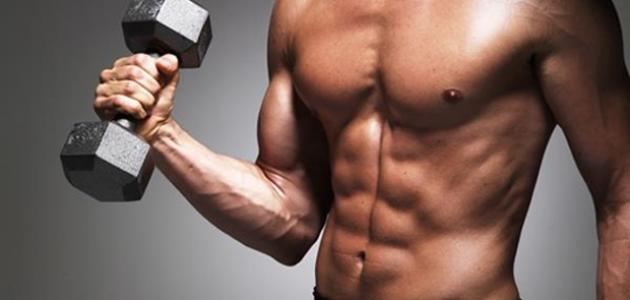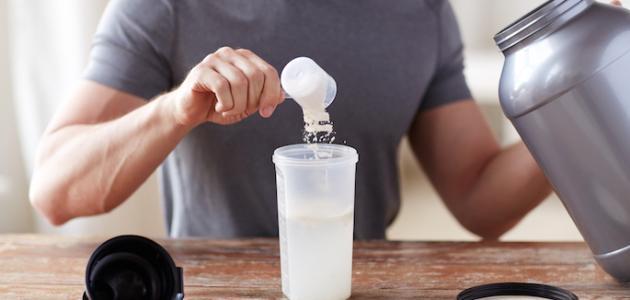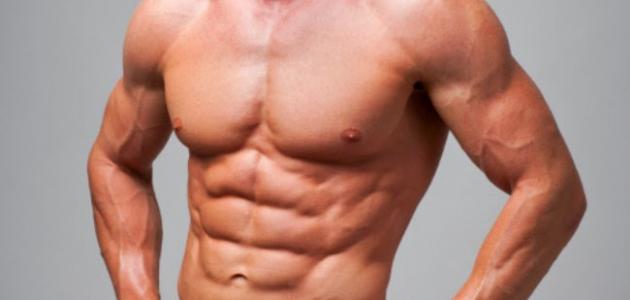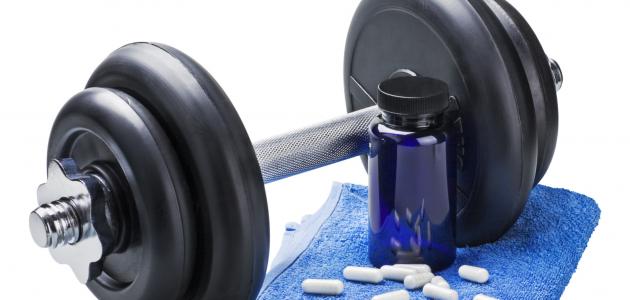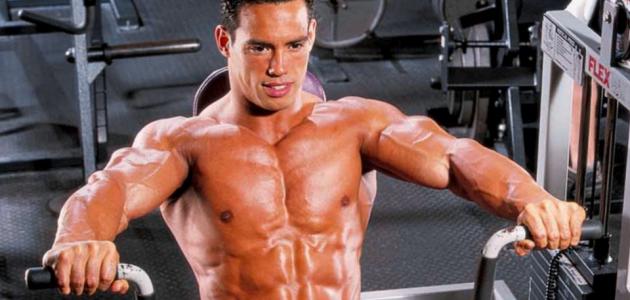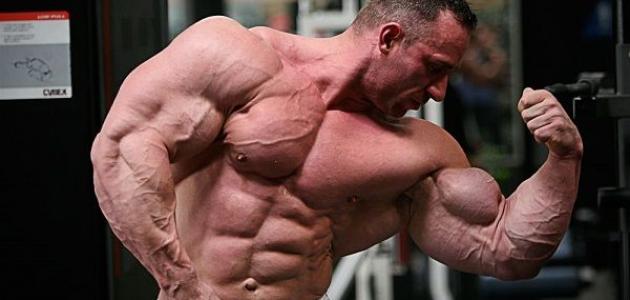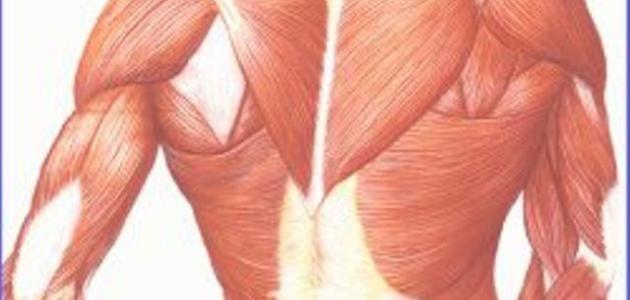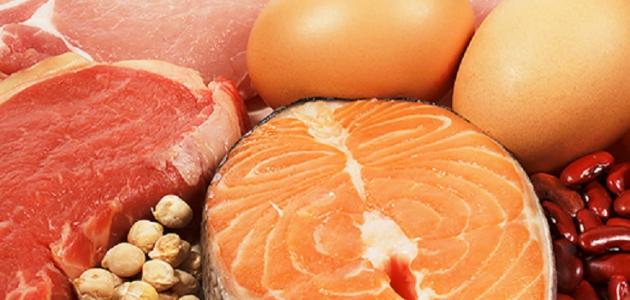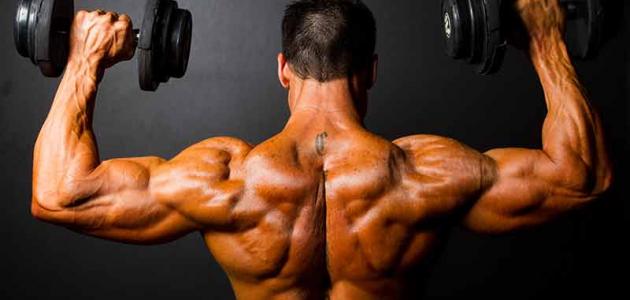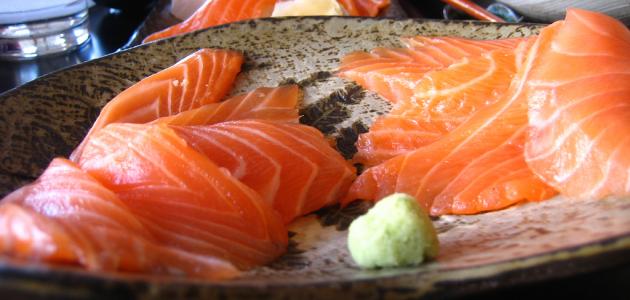Contents
Overview
The muscular system consists of a group of specialized cells called muscle fibers, and in fact, muscles connect to a number of other parts of the body to be able to perform their function, which are the bones, internal organs and blood vessels, and the main function of muscles is to contract with the aim of movement Therefore, it can be said that the various body movements are caused by muscle contraction, in cooperation with the joints and the skeletal system, including walking and jogging. Such as standing or sitting, the stability of the joints, and the production of heat through the metabolic processes that occur in the muscles, knowing that the production of heat during these processes is important to maintain the body temperature within acceptable limits. [1]
By completing talking about the role of muscles, it is indicated that healthy muscles allow a person to move freely and give him the strength necessary to enjoy various exercises, including swimming, and as is known, exercise contributes to maintaining a healthy heart, and performing the required tasks such as sweeping carpets and mowing the lawn. The muscles play an important role in giving the joints the desired shape, for example if the muscles around the knee weaken, the chance of injury and injury to the knee increases, and strong muscles help maintain the required body balance. [2]
To learn more about the muscular system, read the following article: ( Research on the muscular system ) .
The number of muscles in the human body
The muscles of the body make up approximately 40% of the total body weight, because the number of muscles in the human body exceeds 600 muscles, and by talking about muscles, we show that each muscle consists of thousands of muscle fibers, and every muscle fiber is 40 mm long so that it consists of small strands of fibers Smaller in size are known as fibrils, and muscle strength depends mainly on the number of fibers that make up it, as for muscle contraction, it is under the command and control of nerves, and for muscle fuel it is simply adenosine triphosphate resulting from the body's metabolism of food, where it is used. Muscle adenosine triphosphate to produce kinetic energy. [3]
Types of muscles in the human body
There are three types of muscles in the human body , and they are briefly explained below: [4]
- Skeletal muscles: also known as Striated muscles because they appear under the microscope in the form of strings, which are specialized tissues connected to bones in a way that allows their movement, and bones together with the skeletal muscles are known as the musculoskeletal system, and it is worth mentioning that these muscles are classified within voluntary movements, meaning That man controls its contraction and relaxation. In fact, the muscular system is the largest organ in the body, making up 45-55% of body mass. [5]
- Smooth muscles: These muscles are also known as involuntary muscles, because their movement (contraction and extension) is not subject to human control, and they are present in blood vessels such as arteries, and many internal organs such as the gastrointestinal tract and the uterus, and these muscles are arranged in layers that contract in a specific order. [4]
- Heart: muscle , are similar to these muscles with skeletal muscle they appear in the form of filaments under the microscope, but it is different from that heart muscle constrict and flattens without human consciousness and perception. [6]
To learn more about muscle types, read the following article: ( Muscle Types ) .
References
- ↑ "Introduction to the Muscular System" , training.seer.cancer.gov , Retrieved June 13, 2020. Edited.
- ↑ "Basic facts about muscles" , www.niams.nih.gov , Retrieved June 13, 2020. Edited.
- ↑ "Muscles: Why are they important?" , www.medicalnewstoday.com , Retrieved June 13, 2020. Edited.
- ^ A b "Muscles" , Www.betterhealth.vic.gov.au , Retrieved July 13, 2020. Edited by .
- ↑ "Skeletal Muscle Thermogenesis and Its Role in Whole Body Energy Metabolism" , www.ncbi.nlm.nih.gov , Retrieved June 13, 2020. Edited.
- ↑ "Muscles" , www.msdmanuals.com , Retrieved June 13, 2020. Edited.
